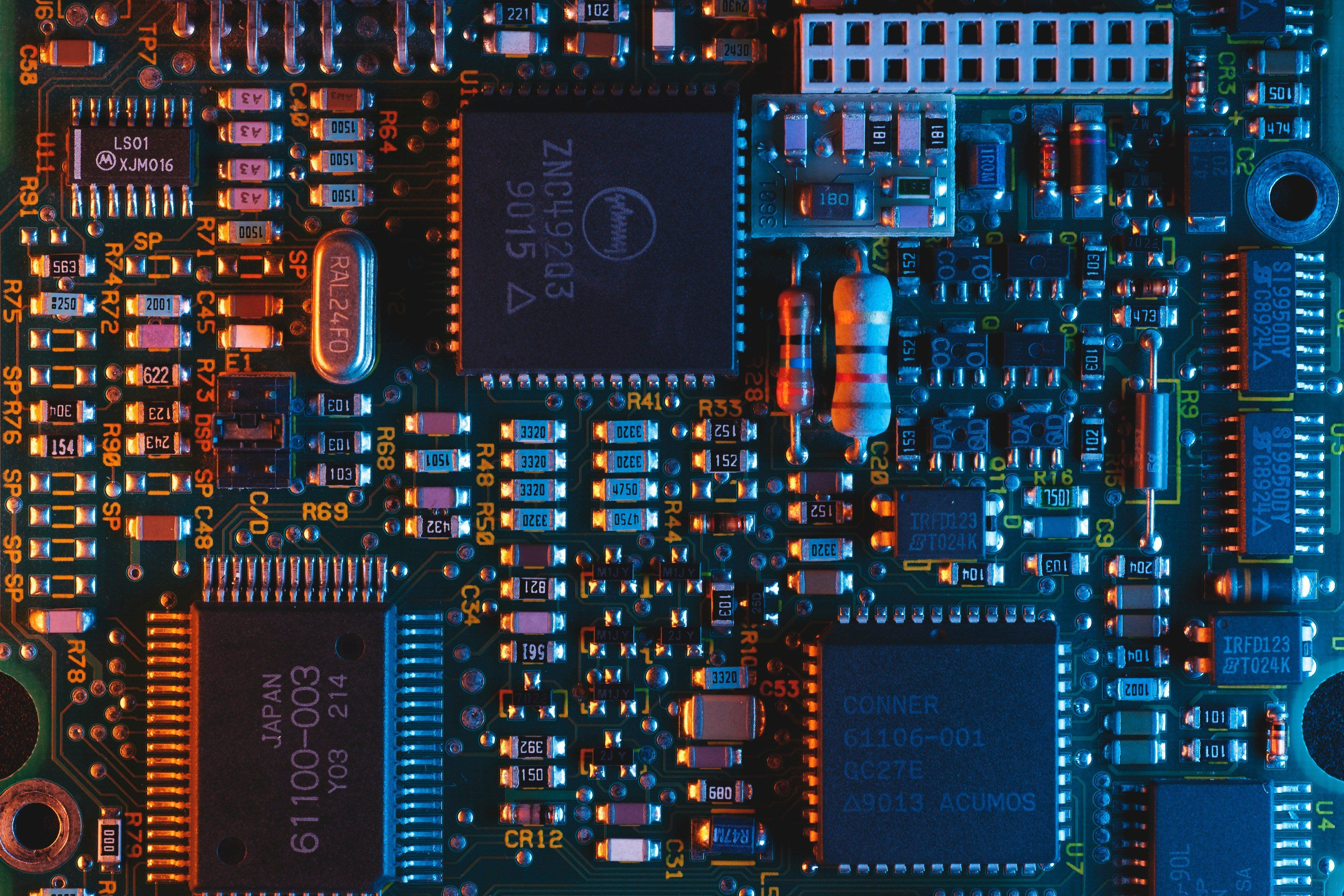Joe Biden’s administration has been aggressively enacting export controls on China and economic sanctions on Russia, preventing US companies from selling powerful chips and semiconductor manufacturing equipment to both nations. But now attention is turning to middlemen enabling the flow of AI-grade chips into the countries.
A Mumbai pharmaceutical company reportedly sold more than 1,000 Dell servers containing Nvidia H100 processors to Russian companies between April and August of 2024, according to a Bloomberg analysis of international trade data. India isn’t held to US sanctions, so it’s not clear what recourse the US would have — except if Dell or Nvidia are knowingly selling to middlemen to get their chips into Russia.
Elsewhere in the world, Taiwan Semiconductor Manufacturing Company, the largest contract chipmaker in the world, suspended shipments to a Chinese chip designer Sophgo last week when it discovered its chips inside a Huawei processor. Huawei, China’s most important chip company, is subject to stringent US export controls, an attempt to keep Chinese industry and military at bay. As GZERO AI wrote last week, the US Commerce Department is investigating whether TSMC, a strategic commercial and geopolitical partner for the US that has received billions to build facilities in America, knowingly evaded US export controls to sell to Huawei.
Gina Raimondo, the US Commerce Secretary, recently said she’s under “no illusion” that export controls on US-made chips from Nvidia, AMD, and other semiconductor companies are perfect. But these reports underscore that sanction controls are a moving target — and a game of whack-a-mole both for companies seeking compliance and regulators seeking enforcement.More For You
Is China’s economic model reaching a breaking point? In GZERO’s 2026 Top Risks livestream, Cliff Kupchan, Chairman of Global Macro at Eurasia Group, highlights mounting pressures on the Chinese economy.
Most Popular
2026 is a tipping point year. The biggest source of global instability won’t be China, Russia, Iran, or the ~60 conflicts burning across the planet – the most since World War II. It will be the United States.
While surgeons remain fully in control, technological advances are expanding the use of surgical robots in operating rooms. As adoption accelerates, so do the expectations for patient outcomes and surgical care. Track medical innovation trends with Bank of America Institute.
Europe enters 2026 under mounting strain as it confronts external threats, internal political pressures, and a weakening relationship with the United States. In GZERO’s 2026 Top Risks livestream, Mujtaba Rahman, Managing Director for Europe at Eurasia Group, describes a continent that is “exhausted, fatigued, weak, and vulnerable.”
